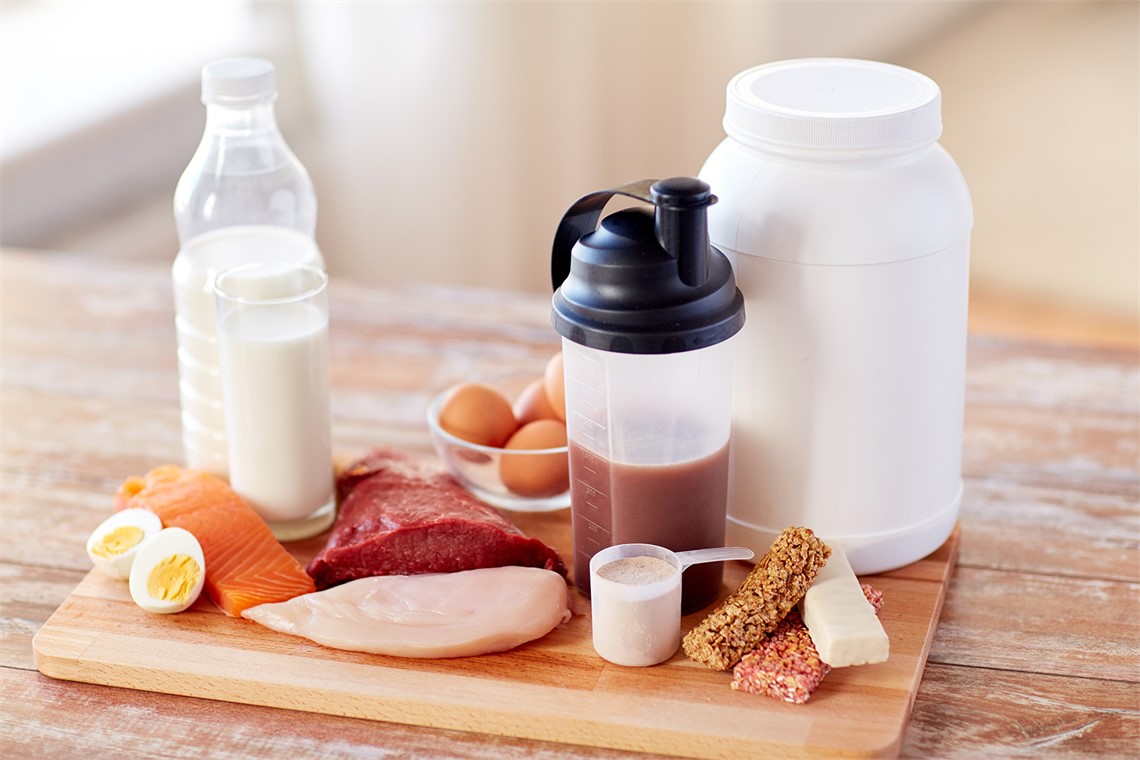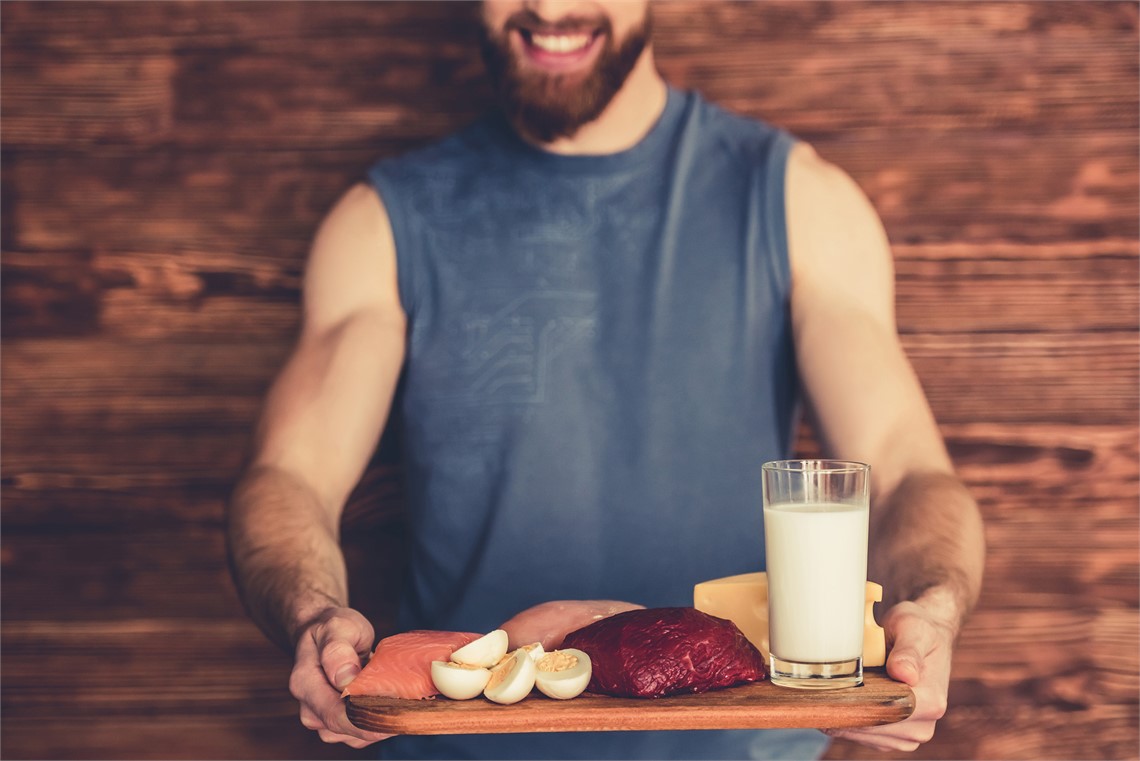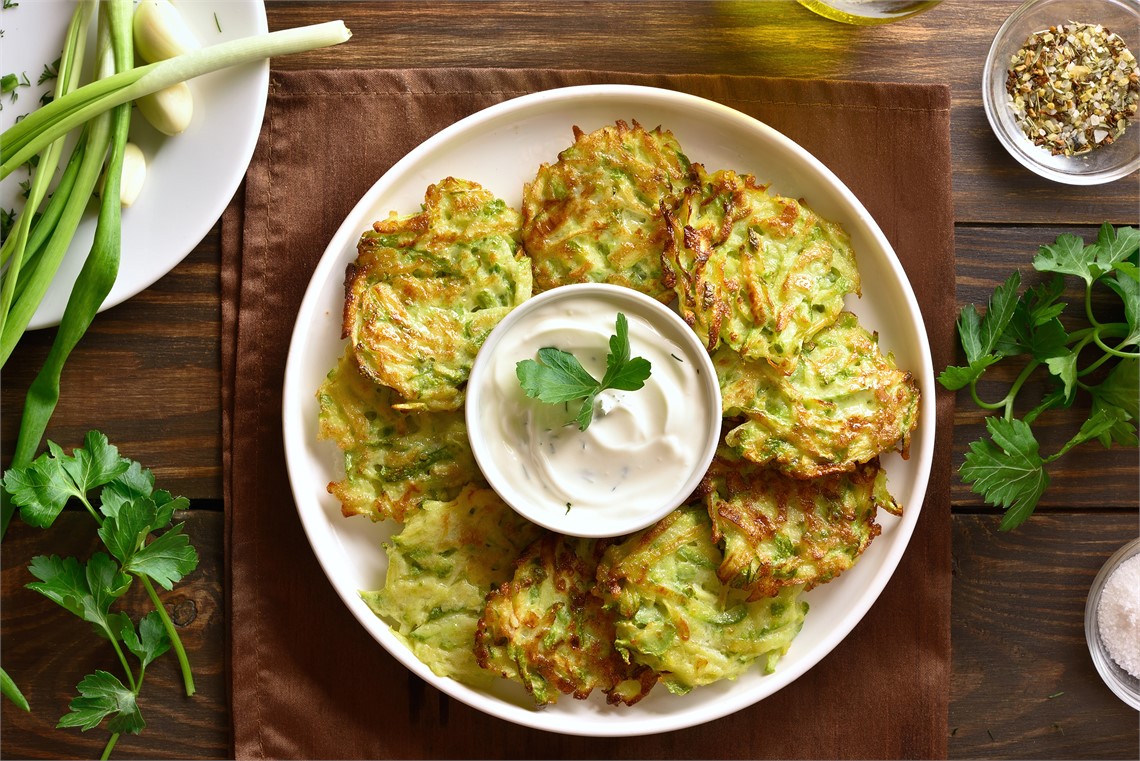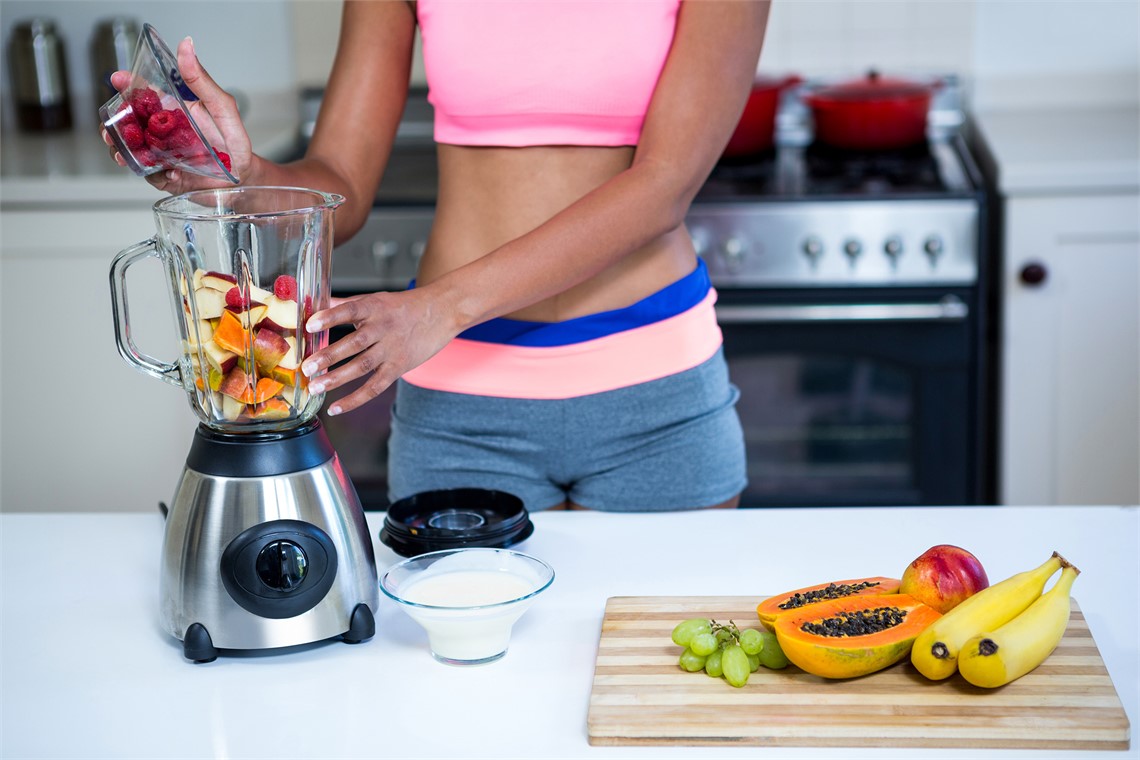Training for a marathon involves running, and more running, right? Yes, but strength training is as important for runners as for body builders. Muscle strength (not size) is likely to help you run faster and stronger, which could give you the edge you need to excel at distance running, explains Fedhealth Dream Chasers dietician Andrea du Plessis.
Did you know?
Distance running can decrease muscle strength, especially if you are running for long hours without adequate nutrition. Muscle tissues are mobilised as energy reserves through catabolic processes during endurance training. Recovery nutrition plays a key role in maintaining and strengthening muscles.
Which nutrients support muscle strength?
- Protein provides the body with amino acids, the building blocks for muscle tissues.
- Magnesium plays an important role in building and maintaining muscle strength.
The WHEY to go
Whey protein is valuable nutrition for runners, as it contains the essential branched-chain amino acids (BCAA). BCAA help with the recovery of over-trained muscle tissues and support the building of muscle tissue. To get the maximum benefit, 10-20g whey protein should be consumed within the first 30 minutes or at least within the first hour after an intense workout.
Get your whey
Whey protein is derived from milk and can be found in these foods:
- Milk or plain yoghurt: 250-500ml
- Whey protein powder / supplements: 2 scoops or tablespoons mixed with water or milk
What if you are vegetarian or have a dairy intolerance?
Pea protein is the nearest equivalent in the combination of amino acids found in whey protein.
Supplement shopping list
- Magnesium tablets
- Whey protein powder
- Protein bars and snacks
Protein food sources
- Eggs (boiled, poached, scrambled, quiche)
- Meat (lean red meat)
- Chicken (grilled, without skin)
- Fish (tinned sardines, pilchards, fish cakes)
- Soya (soya beans, tofu, soya milk, edamame beans)
- Pulses (lentils, mung beans)
- Dairy (milk, yoghurt, cheese)
- Peanuts (peanuts, peanut butter)
- Nuts (cashews, pecans, hazelnuts, pistachios and almonds)
- Seeds (sesame, pumpkin and sunflower seeds)
Magnesium food sources
Red meat, dark green leafy vegetables (spinach, Swiss chard, rocket), dark chocolate, pumpkin seeds, coconut, banana, avocado, cashew nuts, edamame beans, yoghurt
10 Protein and magnesium snack / meal ideas
- Chocolate yoghurt (1 tsp Nomu Skinny Hot Chocolate mixed into 1 cup full cream yoghurt)
- Almond, banana and whey protein smoothie
- Spinach salad with avocado, feta cheese and pumpkin seeds
- Spinach and feta mini quiches
- Mini meatballs (chicken or beef)
- Edamame beans and avocado
- Boiled eggs and avocado
- Yoghurt with banana, coconut and dark chocolate shavings
- Toast with peanut butter and banana slices
- Biltong salad with rocket and cashew nuts
Are protein supplements more effective than protein foods?
No, even though protein shakes and supplements are sometimes more convenient to transport and measure, they are not more valuable or effective compared to protein from foods.
How much protein should one take after exercise to support muscle strength?
The amount is almost less important than the timing. It is recommended to consume protein within 30 minutes to one hour after exercise. The ideal amount would be 10-20 grams of protein, from a food item or protein supplement.
Should I take protein during exercise?
Usually not, unless you do high intensity endurance training that lasts longer than three hours. The best time to take protein to support muscle strength is 30 to 60 minutes after exercise.
For more information, visit capetownmarathon.com or for any nutrition related questions, contact Andrea du Plessis on 084 403 6018, email andreaduplessis28@gmail.com or go to www.facebook.com/andreaduplessis.nutrition.expert


























